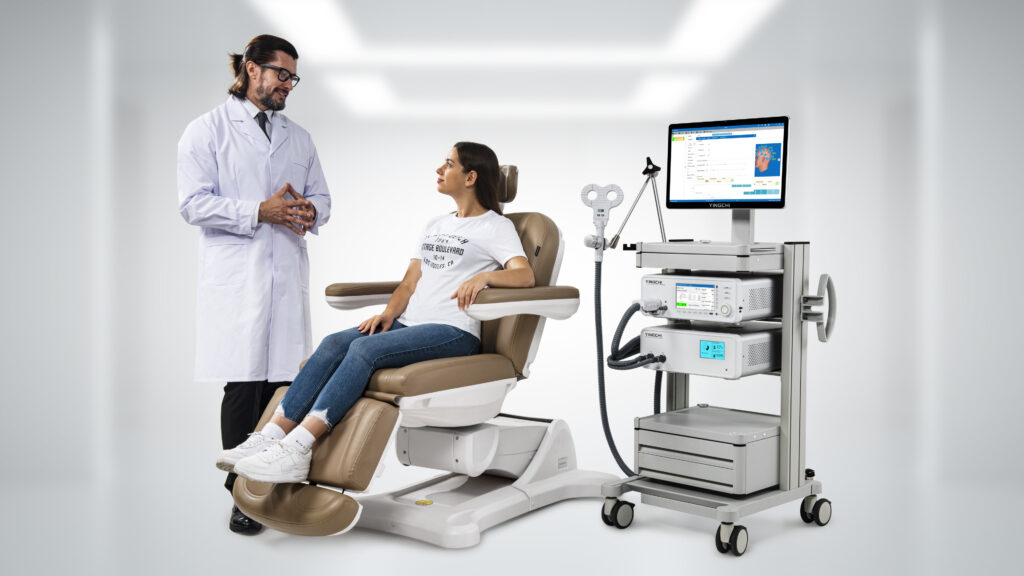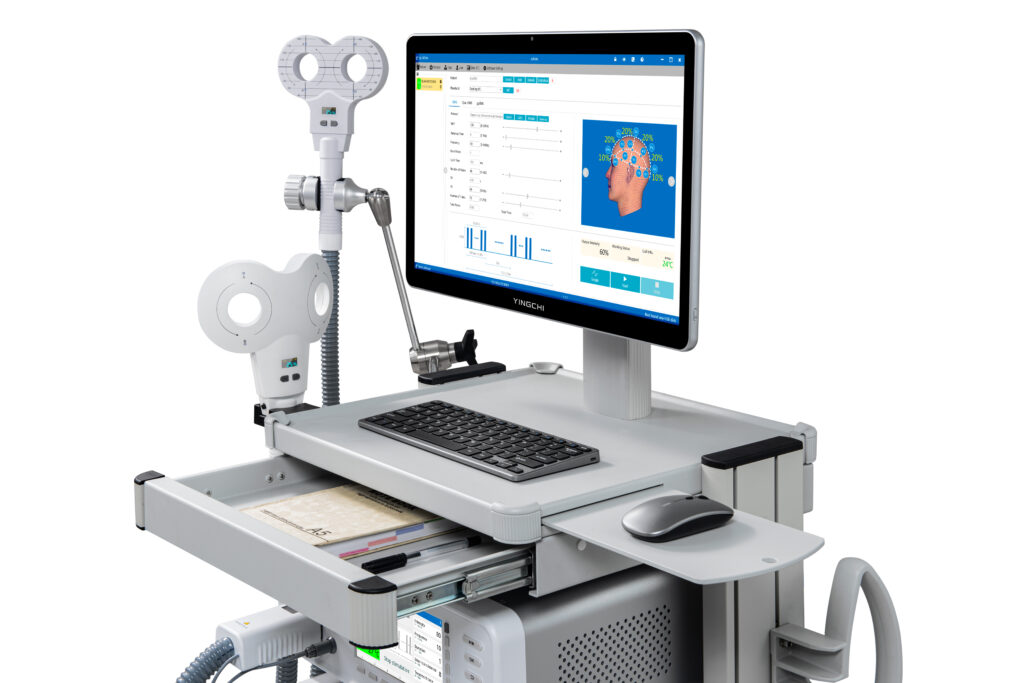A Safe, Non-Invasive Option for Treatment-Resistant Depression
TMS Treatment

What is TMS?
How does TMS work?
TMS works by delivering gentle, magnetic pulses to targeted areas of the brain involved in mood regulation—particularly the prefrontal cortex. This stimulation helps reset and rebalance neural activity, leading to improvements in mood and overall mental wellbeing.
Treatment does not require anesthesia, and patients are fully awake during the sessions.

TMS is Approved in Australia for:
- Major Depressive Disorder (MDD) that has not responded to at least two different antidepressant medications
- Treatment-resistant depression in adults
Medicare Coverage for TMS
For eligible patients in Australia, Medicare provides rebates for rTMS therapy under the Medicare Benefits Schedule (MBS). The Patient Factsheet details eligibility, service limits, and provider requirements. Eligible adults may receive up to 35 initial treatment sessions, plus 15 retreatment sessions if relapse occurs. Only one initial course and one retreatment course are funded per lifetime.Eligibility criteria include:
- Aged 18 or older
- Major depressive disorder, unresponsive to two antidepressant classes
- Completed psychological therapy where appropriate
- No prior TMS treatment
What to Expect from TMS Treatment
- Session Duration: Typically 20–40 minutes per session
- Course of Treatment: Usually 5 sessions per week over 4–6 weeks
- Comfort: Most people feel only a light tapping sensation on the scalp
You can return to work, drive, or go about your day immediately after each session.
Is TMS Safe?
Yes. TMS is well-tolerated with a strong safety profile. As it does not involve medication, it avoids systemic side effects like weight gain, fatigue, or gastrointestinal issues. Some patients may experience a mild headache or temporary scalp sensitivity.
Is TMS Right for You?
If you’ve tried multiple antidepressants with little or no relief, TMS may offer a new pathway to recovery. Our team will conduct a thorough assessment to determine if TMS is suitable for your condition and personal treatment history.
